Do Creatine Supplements Cause Acne? How To Avoid It
Exercise caution while using the supplements as they may indirectly lead to breakouts.
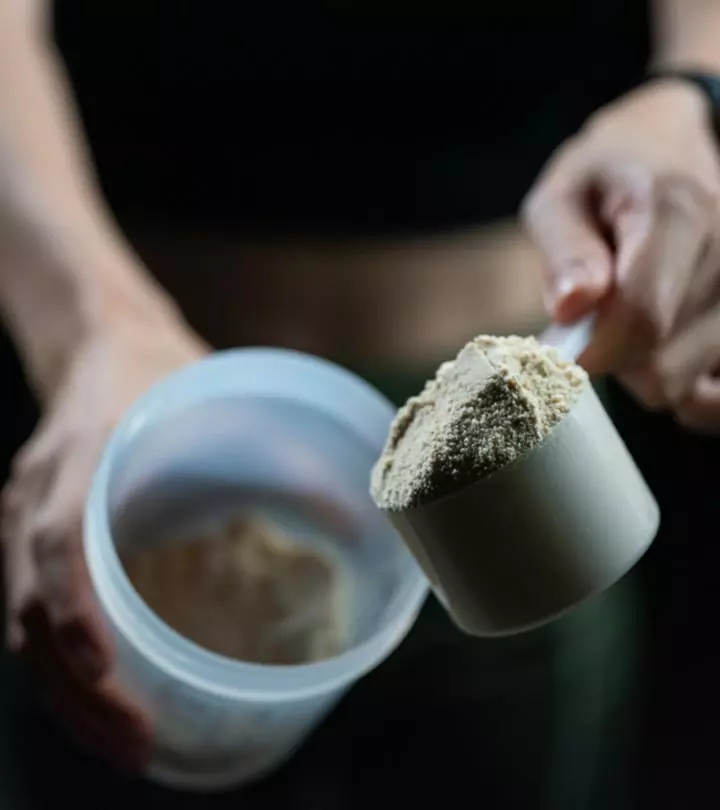
Image: Shutterstock
Supplements are a fantastic way of improving your health. When taken in the proper dosage and combined with the right workout, they may provide amazing effects and improve your overall health. When it comes to the most preferred supplement, creatine is the clear winner. But, the real question is – does creatine cause acne?
Creatine is a popular natural supplement for increasing muscle strength and endurance among bodybuilding enthusiasts, athletes, and fitness buffs. That’s not all! It is said to trigger acne breakouts, even though no harmful side effects have been reported. But, is this true?
This post will look at whether there’s a connection between creatine and acne, the benefits and drawbacks of this supplement, and how to use it effectively. Keep reading to learn all about this supplement!
 Trivia
TriviaCreatine was discovered in 1832 by Michel Eugène Chevreul, who extracted it from a basified water extract of skeletal muscle.
In This Article
What Is Creatine?
Creatine is a naturally available chemical compound present in our bodies.
Although it is typically present in the muscles, it is produced by the liver, pancreas, and kidneys.
You can also obtain creatine from foods such as red meat and seafood. However, athletes often use synthetic creatine supplements to improve their fitness and endurance. You can consume creatine in the form of creatine monohydrate or creatine HCl. Unlike popular belief, this supplement acts similar to amino acids rather than steroids.
 Quick Tip
Quick TipThere are many different types of creatine, like creatine monohydrate, creatine ethyl ester, creatine hydrochloride, buffered creatine, liquid creatine, and creatine magnesium chelate.
It is a widely held belief that creatine causes acne. But, is there any truth to this belief? Find out in the next section.
Key Takeaways
- Athletes use creatine supplements to improve their fitness and endurance, but they can trigger acne breakouts.
- Although no evidence or research claims a direct connection between creatine and acne, exercise, especially heavy strength training, is known to increase testosterone levels in our bodies, leading to acne.
- The muscular boost seen in those taking creatine supplements who are strength training may contribute to acne outbreaks in those who are genetically susceptible to this skin condition.
Creatine And Acne: What Is The Connection?
There is no evidence or research available that directly links acne with creatine supplementation. That said, creatine can affect your body in specific ways, indirectly influencing the underlying acne problems.
As there is no evidence suggesting the direct link between this supplement and acne, it is only a probable cause of this skin condition. Can creatine cause acne? Let us delve further into this query in the next section.
How Do Creatine Supplements Cause Acne?

As stated before, there is no evidence for a direct link between creatine and acne problems. However, the supplement can fluctuate or increase the levels of specific hormones in our bodies.
Creatine has not been proven to directly increase testosterone levels in our bodies. Some studies have shown that creatine affects the level of dihydrotestosterone (DHT) levels and insulin-like growth factor (IGF-1) (1), (2). These hormones are also linked to an increase in acne (3). DHT has been known to increase sebum production, which may cause skin inflammation and acne.
In other words, creatine supplements may indirectly contribute to acne outbreaks – but only if you are genetically susceptible to acne in the first place.
Creatine can also cause various other side effects. Let’s explore these below.
Are There Any Other Side Effects Of Taking Creatine?

The list of potential side effects of creatine include:
- Damage to kidneys and liver
- Bloating
- Weight gain
- Muscle cramps
- Dehydration
- Problems with digestion
If you notice any side effects from the use of creatine, discontinue taking the supplement immediately and contact your doctor.
However, it is one of the safest supplements available on the market. Even the International Society of Sports Nutrition swears by the safety of creatine supplements. (4)
Creatine has received a lot of negative press over the years. Some have even claimed (albeit wrongly) it is an anabolic steroid. Due to this belief, it was considered unsuitable for women and teens.
However, creatine has been cleared as a safe supplement for boosting physical performance. It offers several benefits that are listed in the next section.
What Are The Benefits Of Taking Creatine Supplements?
Creatine offers several advantages, particularly for those looking to improve their health. Let’s check out a few of its benefits below:
1. Produces Energy In The Muscles

If you feel tired when working out, creatine supplements can give you a much-needed energy boost. It aids in the formation of adenosine triphosphate (ATP), which acts as a source of energy for your muscles (5).
Creatine also helps you bulk up by stimulating muscle growth and minimizing damage (6). Additionally, the supplement can improve blood flow to the muscles, pumping more oxygen for your exercises. Together these effects ensure creatine supplements boost your fitness level for any high-intensity sporting activity.
The following graph is from a study published in the Journal of the International Society of Sports Nutrition that illustrates the average amount of creatine stored in muscles across multiple variables, including the concentration of muscle creatine in vegetarians, people on a regular diet, and in response to creatine loading with or without carbohydrates or carbohydrates plus protein. Vegetarians have the lowest levels of muscle creatine and thus require a higher intake of dietary supplements to boost muscle creatine. However, they may be more susceptible to acne due to the relatively higher supplementation of the nutrient.

Muscle Total Creatine Stores
Source: International Society of Sports Nutrition position stand: safety and efficacy of creatine supplementation in exercise, sport, and medicine2. Boosts Brain Activity
Apart from fueling your muscles, creatine can also improve mental activity. This supplement is a naturally occurring compound in the brain and can enhance short-term memory and cognitive function in healthy individuals (7).
Creatine may also help increase the levels of certain chemicals in the brain. These chemicals help in maintaining the regular functioning of the brain cells and prevent cell death. However, the cognitive benefits from using creatine supplements are still being researched.
3. Maintains Blood Sugar Level

Creatine affects the production of several hormones and enzymes in your body. One such enzyme is glucose transporter type 4 (GLUT-4). This molecule is responsible for increasing the transport of glucose from your blood to the muscles. Creatine supplements, by their action of increasing the GLUT-4 levels, can help reduce blood sugar levels.
Studies demonstrate that physical exercise is more efficient at controlling sugar levels when paired with creatine supplements (8). Although there are promising results, more scientific evidence is required to establish whether creatine can help lower blood sugar levels in people with diabetes.
4. Combats Signs of Aging
Despite being regarded as an inciting factor of acne, creatine can act as a useful remedy for skin aging. The topical application of creatine can reduce wrinkles and boost collagen in the skin, making it firmer (9). Anecdotal evidence suggests that it may also help reduce blemishes. However, more studies are needed to confirm whether the oral consumption of creatine supplements has the same effects on human skin.
To understand the correct way to add creatine to your daily regimen, continue reading the next section.
How To Use Creatine Safely
Every supplement has its own dosage. Too much of anything can result in hazardous side effects.
The dosage for creatine varies according to your health factors and body weight. Men usually require a higher dose compared to women. Also, the reason why you are taking the supplements plays a role when determining the correct dosage.
The best way to safely introduce creatine supplement into your daily regimen is to consult a healthcare provider.
Let’s understand the proper doses of creatine as per its specific use:
- For Improving Athletic Performance
Typically, the supplement regimen follows a short-term high dose (or loading dose) followed by a long-term small dose for maintenance. A loading dose involves consuming about 20 grams regularly for 4-7 days, although most will divide this into four 5-gram servings throughout the day. One can maintain the levels by taking 2-10 grams every day.
- For Muscle Strength
The dosage for creatine supplements to improve muscle strength is similar to that for boosting performance. In this regimen, the loading dose is typically about 20 grams per day for a week. The maintenance dose is 1-27 grams per day.
- For Sarcopenia
With aging, the muscles tend to lose their strength. Creatine supplements are good for maintaining muscle strength and size when taken along with weight training. The dosage for preventing sarcopenia involves the same loading dose of 20 grams per day for about a week. You can also stick to a maintenance dose of 2-10 grams per day. Note that the supplement is only effective when combined with resistance training.
A blogger experienced significant gains after taking bodybuilding supplements containing whey protein and creatine monohydrate: “Suffice to say, in the 3 days I used creatine in the loading phase, I lifted more than I ever did, heavier sets, more reps… muscles are more pumped and bigger (i).” The individual adds, “Only drawback is the rapid weight gain though it is solid muscle due to cell volumizing.”
The benefits of creatine supplements do not necessarily improve with higher doses. At times these supplements may not necessarily suit your body. In such a case, experimenting with the doses can allow you to find what is suitable for you. Thus, you can adjust your creatine doses within the recommended values and check for yourself.
There are various types of creatine supplements on the market. However, not all may offer you the same benefit. Learn about them to understand what would suit you the best.
Different Types Of Creatine
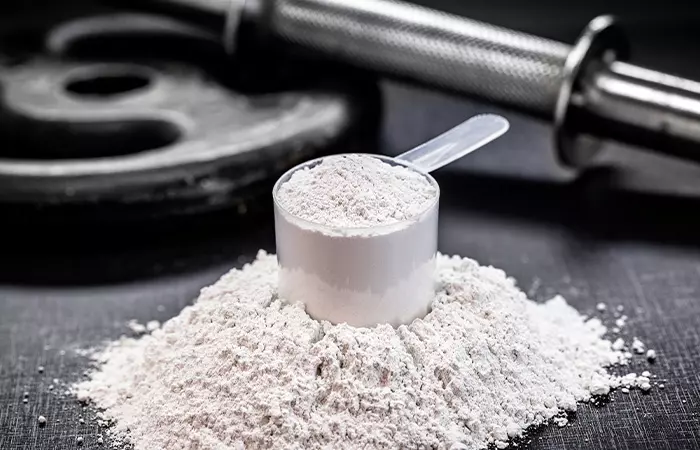
1. Creatine Monohydrate
This is the most common form of creatine supplement and is used primarily for enhancing exercise performance.
2. Creatine Ethyl Ester
This form of creatine is absorbed more readily by the body as compared to creatine monohydrate. However, it may not be as effective and is not recommended as often.
3. Creatine Hydrochloride
This is another type of creatine that is formulated to be easily absorbed. It is chemically bonded with hydrochloric acid and is known for its high water solubility.
4. Creatine Magnesium Chelate
It is molecularly attached with magnesium and has attracted a lot of attention as a supplement that is as effective as creatine monohydrate.
Acne has many other causes apart from supplements. Thus, you may get acne breakouts when you work out even after getting your creatine dosage right. Follow these tips to keep the breakouts to a minimum.
How To Avoid Acne When Working Out
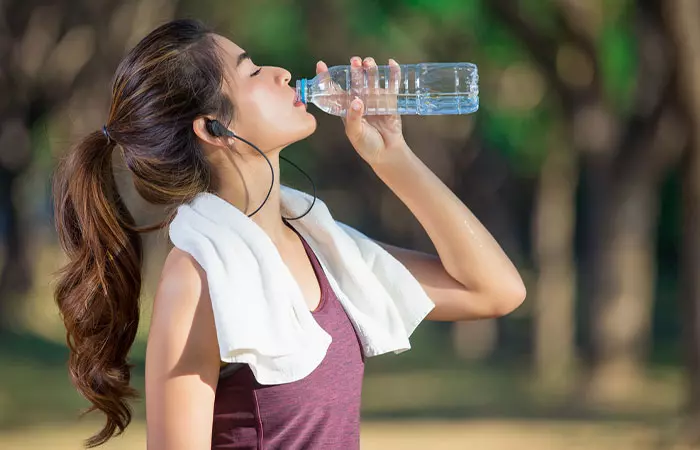
- Always shower immediately after working out. The intense sweating caused by working out is a common trigger of acne. The dust, dirt, and oils accumulate on your sticky skin, turning it into a breeding ground for acne-causing bacteria.
- Establish a proper skincare routine to prevent acne. Wash your face twice a day and exfoliate your face and body once a week. Moisturize regularly and do not forget to use sunscreen to protect your skin from the sun. It is also important to choose skincare products labeled as non-comedogenic, which means they are less likely to clog pores and cause acne.
- Another way to reduce the risk of breakouts is to restrict sugar in your diet. Sugary drinks like sports drinks and soft drinks are a leading cause of acne.
- Increasing your water intake is important if you have started taking creatine. This supplement can be quite dehydrating and cause the skin to chafe, making it prone to bacterial infections and acne. Hydrating yourself facilitates creatine metabolism and also reduces the risk of bloating and weight gain.
- Keep a tab on your alcohol and caffeine intake to prevent further dehydration when taking creatine.
- Being aware of foods that cause acne, such as red meats, especially those that are high in saturated fats or leucine, or dairy products, especially milk, in the diet can also leave you susceptible to acne. Thus, it’s best to avoid or minimize these foods when taking creatine.
- A great way to avoid acne is by paying more attention to your health and habits. Overworking yourself or too much stress without adequate sleep can drain your body.
- Many may notice acne being aggravated after beginning a workout program. Creatine may boost performance and may or may not contribute to this. You should check your skin status after taking creatine to see if it has any effect on your acne.
Infographics: Benefits And Side Effects Of Creatine Supplements
Creatine supplements are one of the popular choices for improving muscle strength and endurance. While there are many benefits of taking these supplements, they are also associated with a few side effects like acne breakouts. Check out the infographic below for detailed information.

Illustration: StyleCraze Design Team
Creatine is a naturally available chemical compound produced in our bodies. It is also taken by athletes as a supplement for improving physical performance. Other than this, creatine improves blood flow, boosts collagen production, and reduces sugar levels. While there is currently no scientific evidence suggesting that creatinine causes acne, it may indirectly increase testosterone levels, which is linked to acne breakouts. Therefore, it is important to consult a doctor before consuming creatine, especially if you have a history of acne. You should also exercise caution while choosing your creatine dosage, as wrong concentrations may cause weight gain, muscle cramps, and dehydration. Staying hydrated, avoiding alcohol, and eating a healthy diet are simple ways to minimize acne breakouts.
Frequently Asked Questions
Does creatine make you look fat?
Creatine will not make us fat. It increases water retention in the muscles, which may cause some users to seem bloated.
Does creatine make your butt bigger?
Yes, creatine will be a necessary component of your diet if you want a bigger butt with weight-based activities.
Does creatine cause your face to bloat?
Due to high levels of water retention, taking creatine supplements can induce facial bloating and puffiness.
Can creatine cause cysts?
Yes, creatine may cause cysts in some people (1).
Does creatine make you look less lean?
Although research indicates that creatine can increase water retention under the skin, there is no evidence that it will prevent one from losing body fat.
Illustration: Does Creatine Cause Acne?
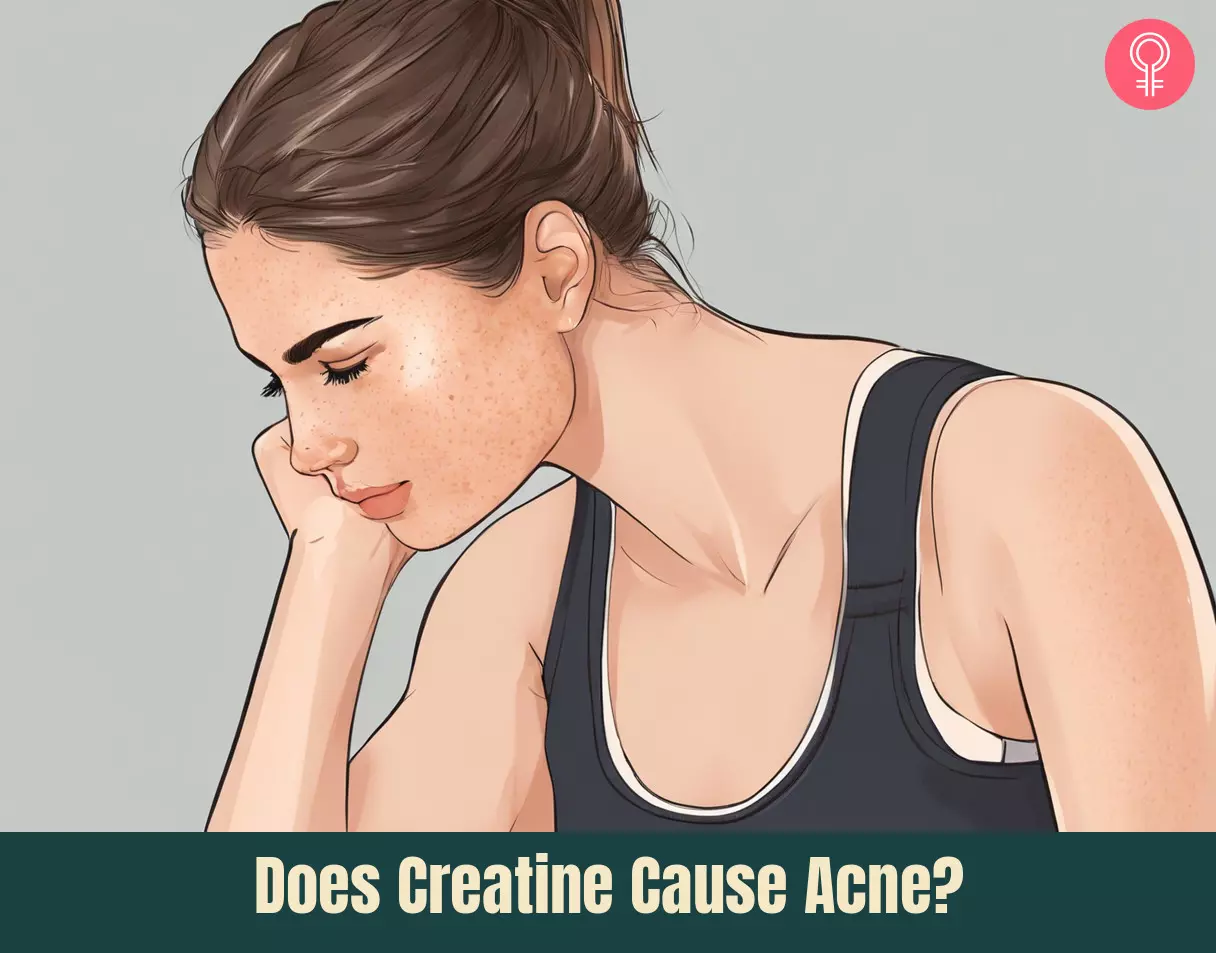
Image: Stable Diffusion/StyleCraze Design Team
Discover and understand if taking creatine monohydrate supplements can lead to acne. Get the facts and find out if this supplement is right for you by watching the video below.
Personal Experience: Source
StyleCraze's articles are interwoven with authentic personal narratives that provide depth and resonance to our content. Below are the sources of the personal accounts referenced in this article.
i. Creatine and loving ithttps://inkedbiker.wordpress.com/2011/07/20/creatine-and-loving-it/
References
Articles on StyleCraze are backed by verified information from peer-reviewed and academic research papers, reputed organizations, research institutions, and medical associations to ensure accuracy and relevance. Read our editorial policy to learn more.
- Creatine supplementation increases renal disease progression in Han:SPRD-cy rats
https://pubmed.ncbi.nlm.nih.gov/11136170/#:~:text=Creatine%20supplementation%20resulted%20in%20greater,%3B%20P%3A%20%3D%200.0057 - Effect of creatine supplementation and resistance-exercise training on muscle insulin-like growth factor in young adults
https://pubmed.ncbi.nlm.nih.gov/18708688/ - Correlation between serum levels of insulin-like growth factor 1
dehydroepiandrosterone sulfate - International Society of Sports Nutrition position stand: creatine supplementation and exercise
https://www.ncbi.nlm.nih.gov/pmc/articles/PMC2048496/ - Creatine supplementation enhances anaerobic ATP synthesis during a single 10 sec maximal handgrip exercise
https://pubmed.ncbi.nlm.nih.gov/12701817/ - Effects of 4-Week Creatine Supplementation Combined with Complex Training on Muscle Damage and Sport Performance
https://www.ncbi.nlm.nih.gov/pmc/articles/PMC6265971/ - Effects of creatine supplementation on cognitive function of healthy individuals: A systematic review of randomized controlled trials
https://www.ncbi.nlm.nih.gov/pmc/articles/PMC6093191/ - Effects of creatine supplementation on glucose tolerance and insulin sensitivity in sedentary healthy males undergoing aerobic training
https://pubmed.ncbi.nlm.nih.gov/17396216/ - Topical application of creatine is multibeneficial for human skin
https://www.jaad.org/article/S0190-9622(04)02914-7/fulltext
Read full bio of Dr. Robert S. Bader
Read full bio of Arshiya Syeda
Read full bio of Ramona Sinha
Read full bio of Swathi E







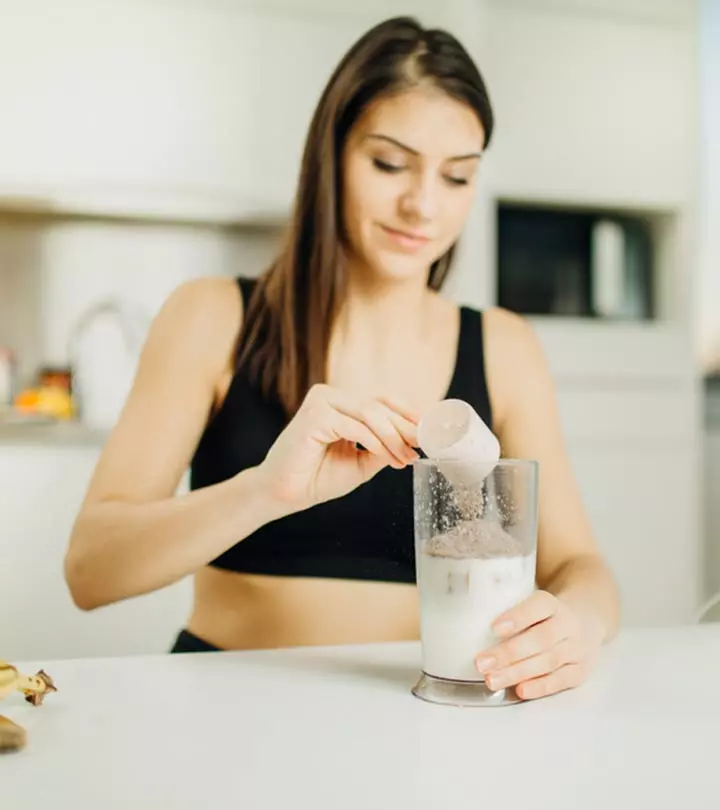
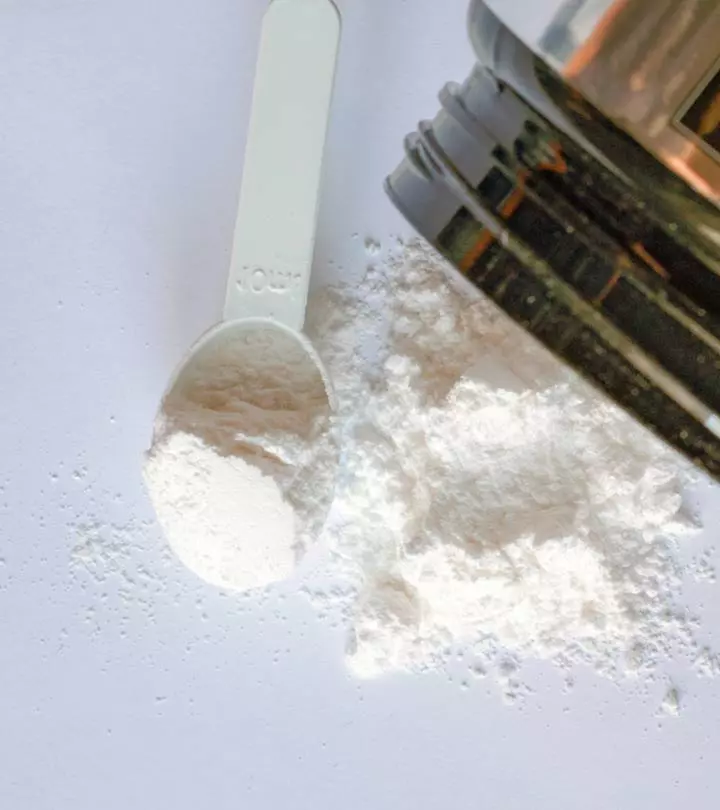


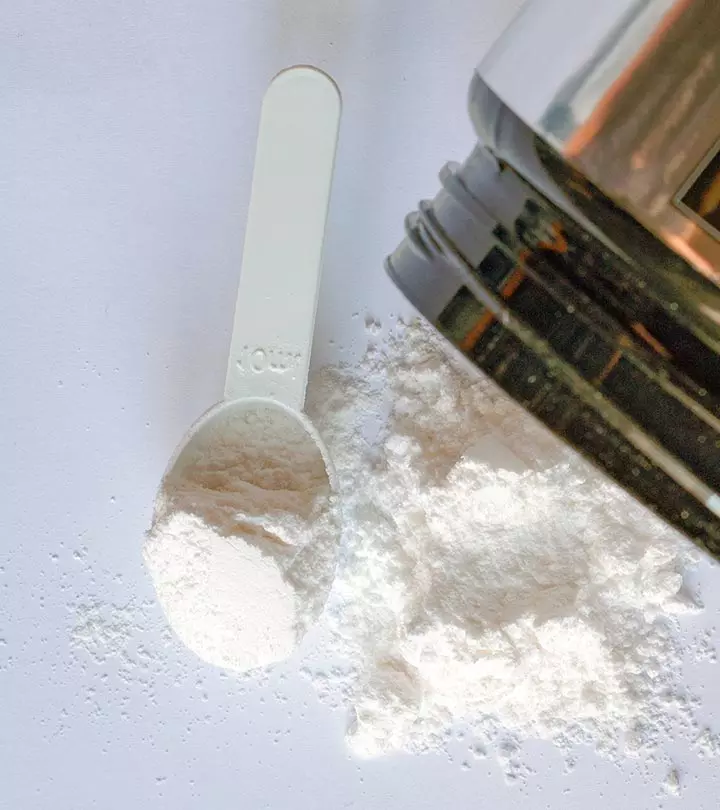


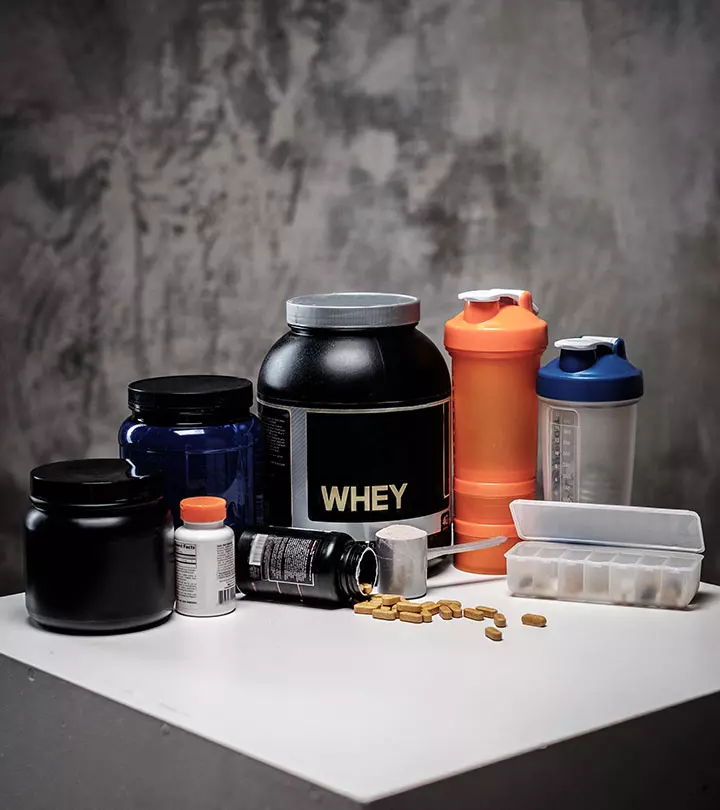


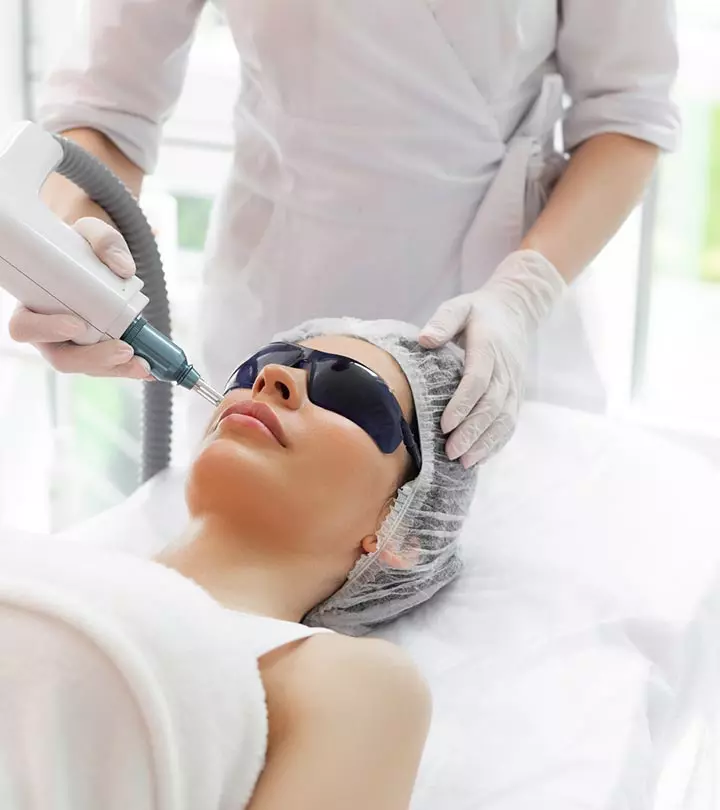
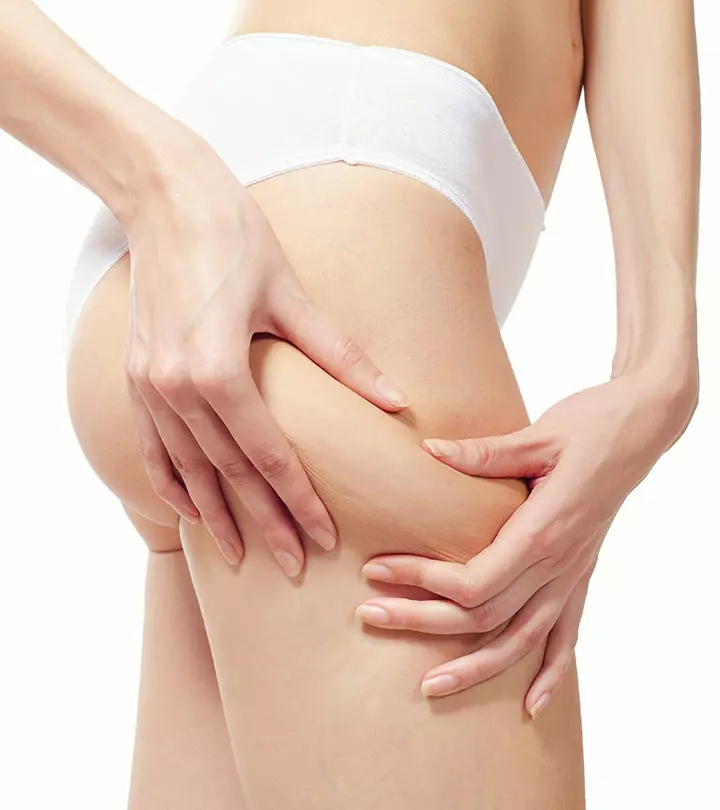

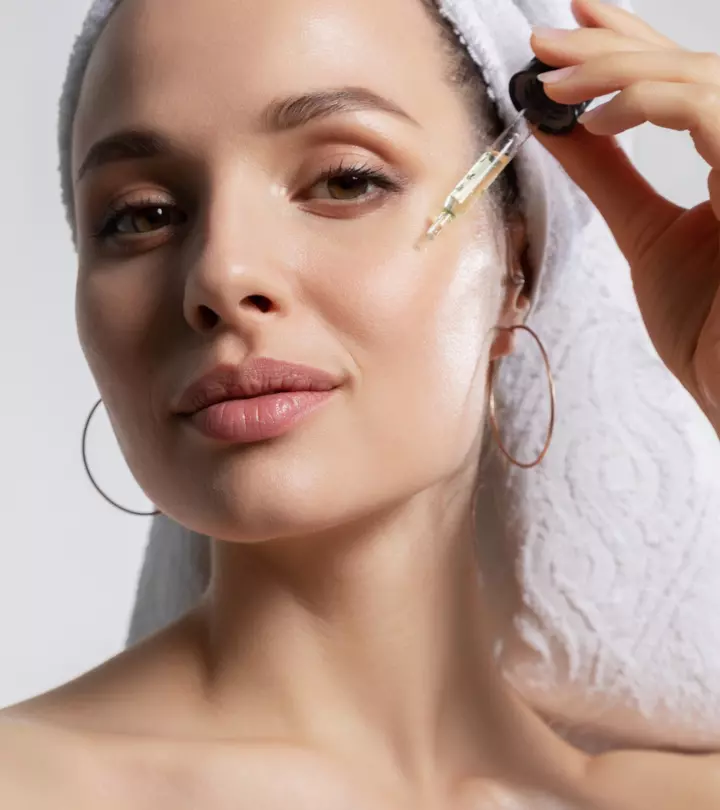
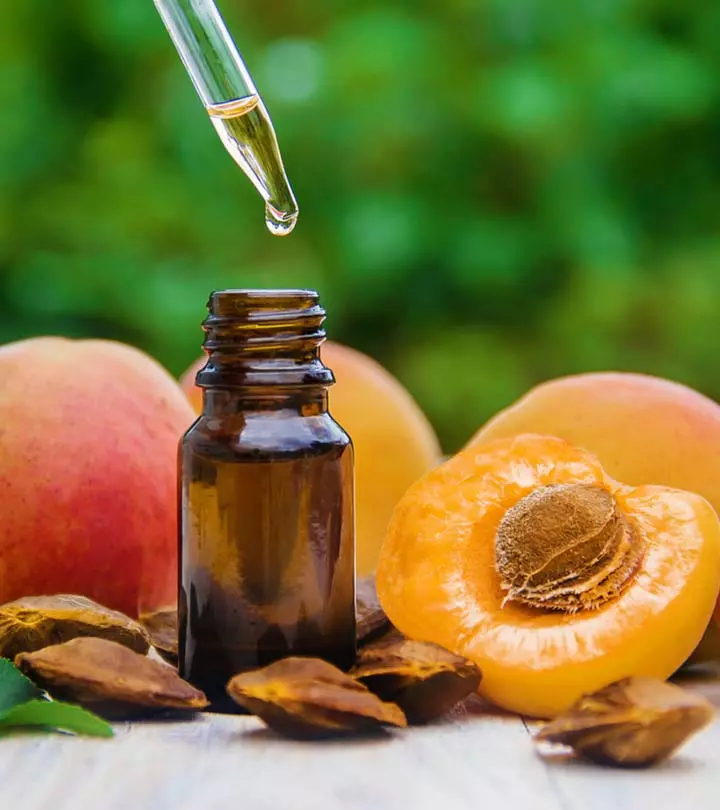
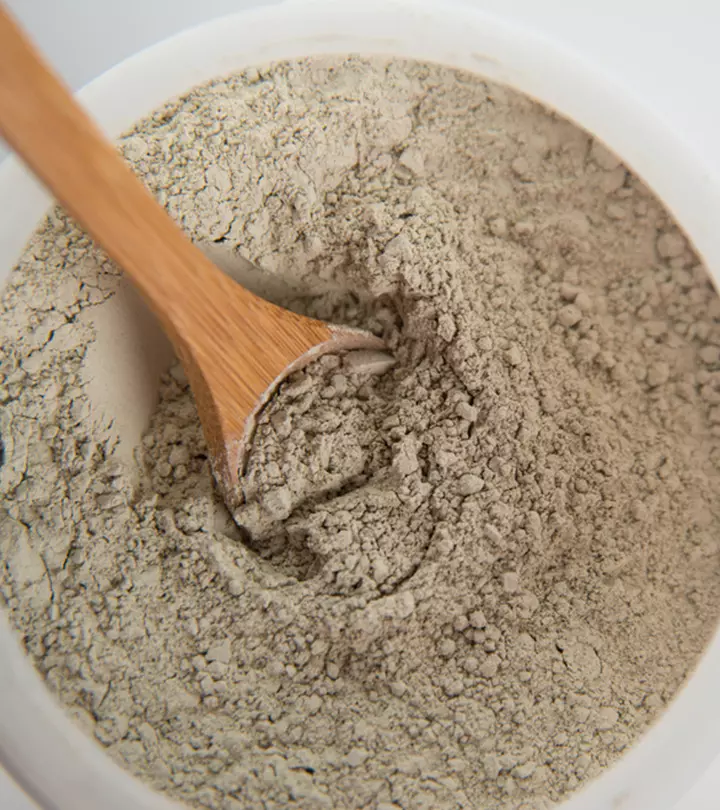
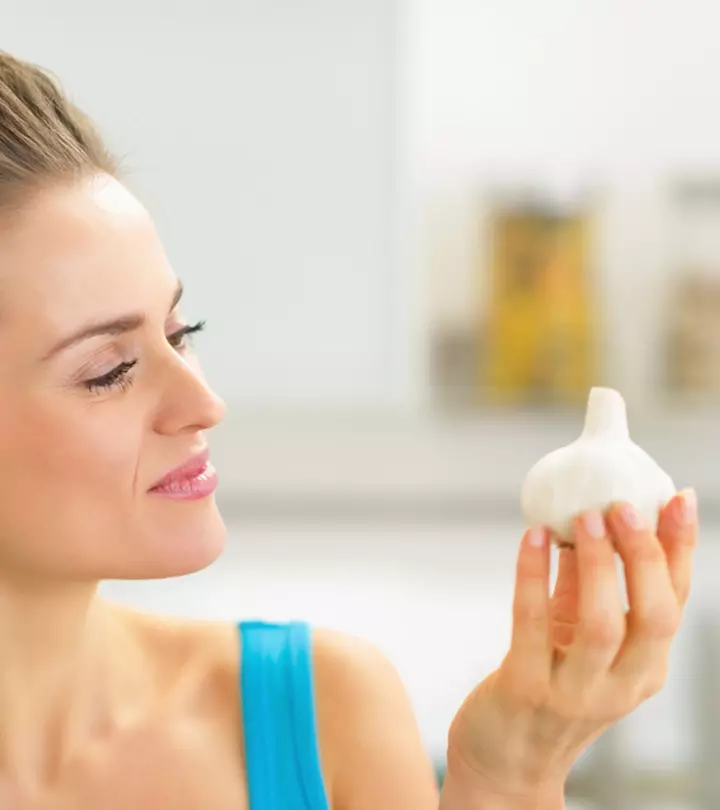
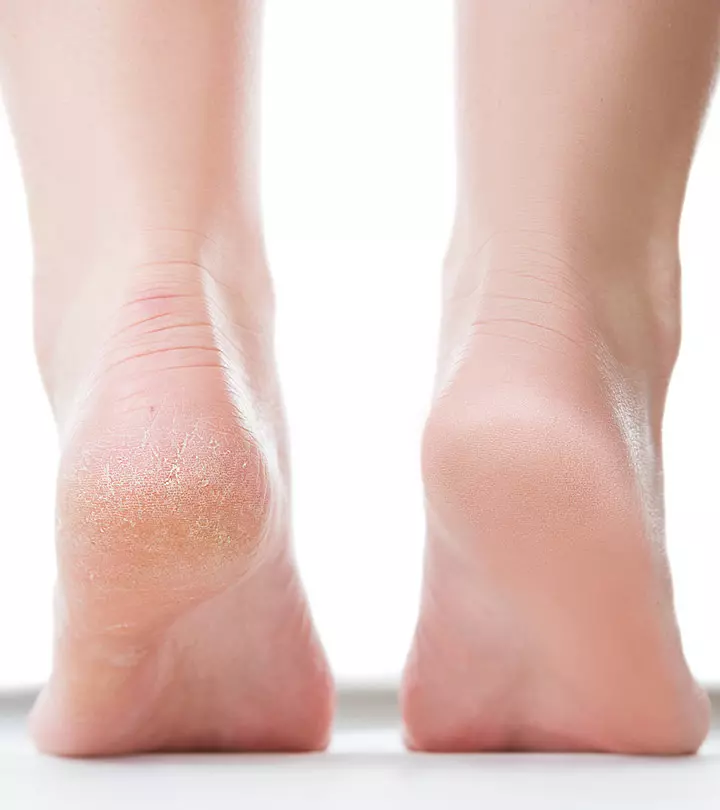
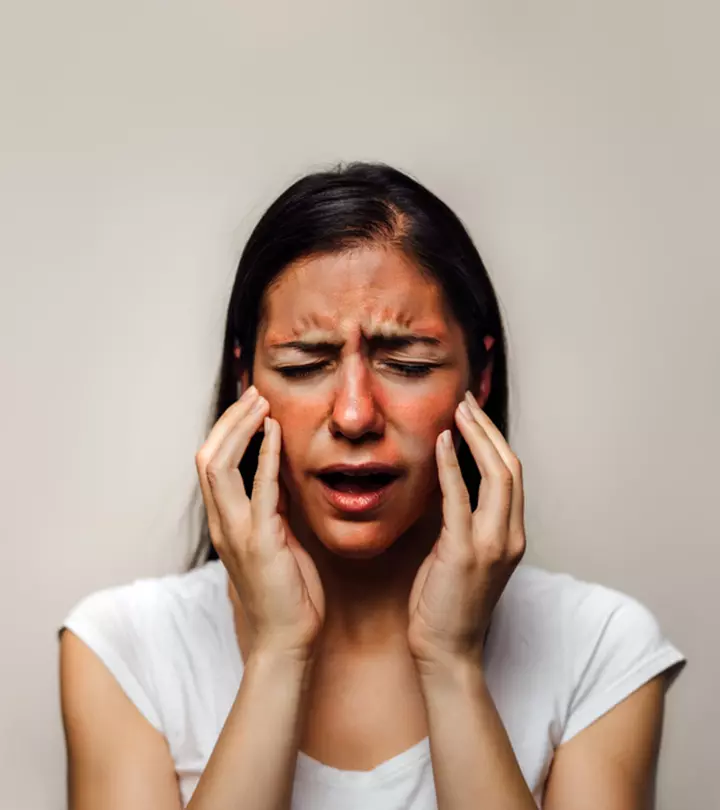
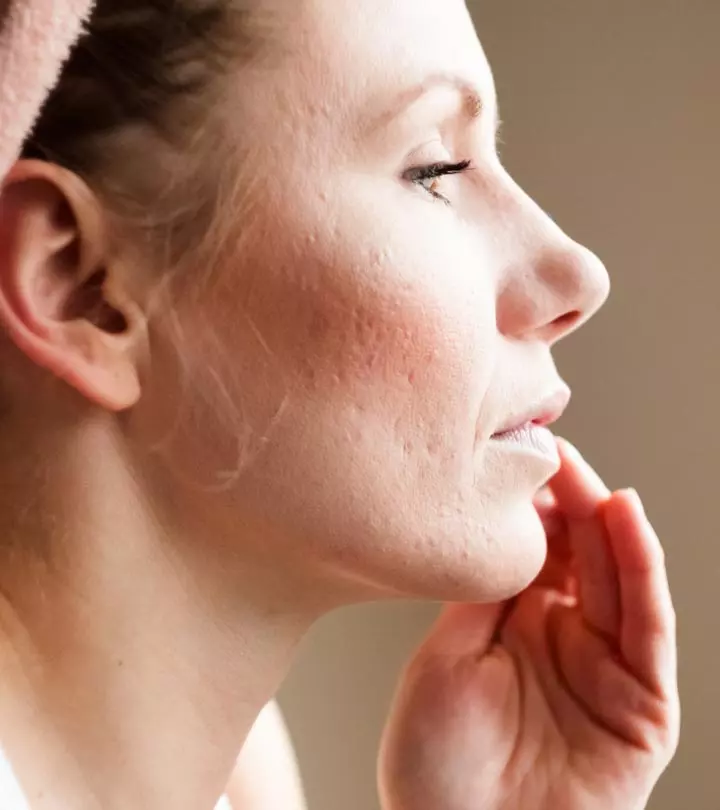

Community Experiences
Join the conversation and become a part of our empowering community! Share your stories, experiences, and insights to connect with other beauty, lifestyle, and health enthusiasts.